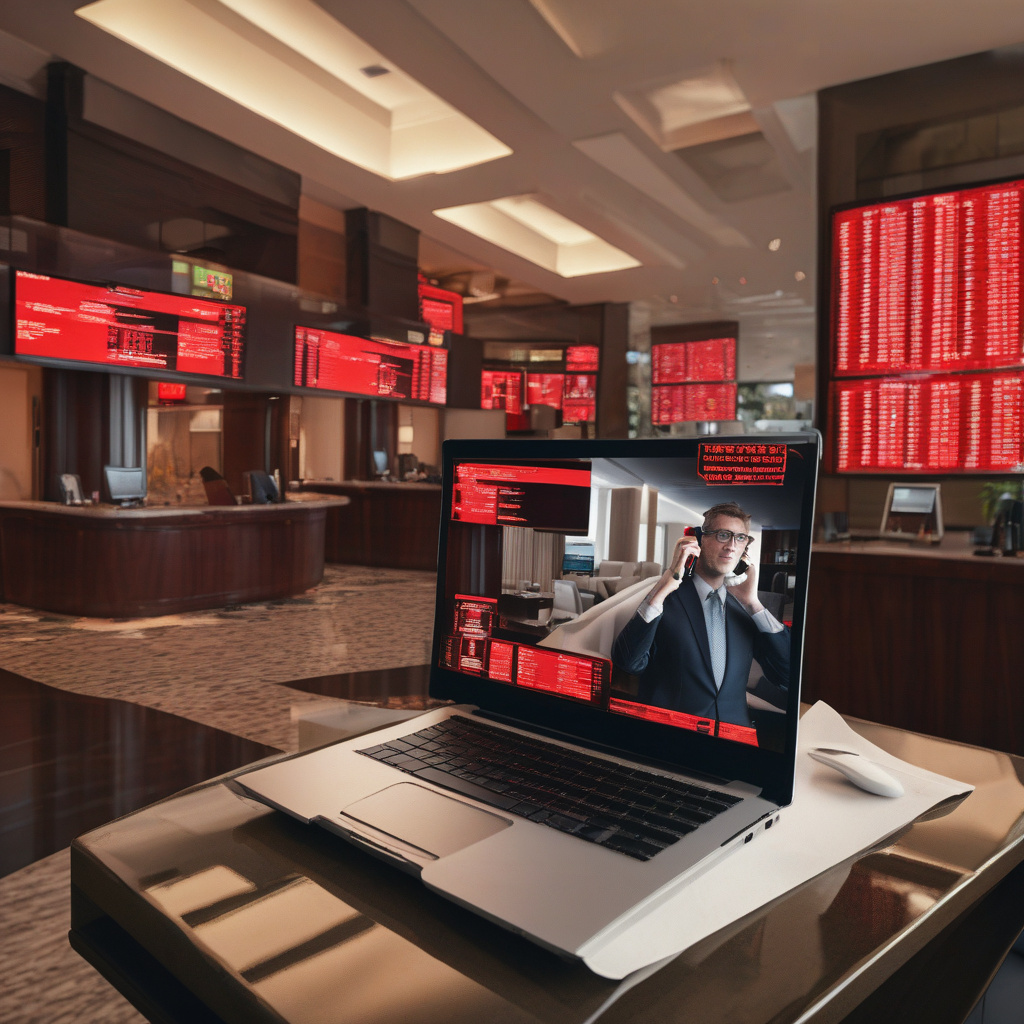Cyberattacks Drain Millions from Hospitality Sector
The hospitality sector has long been a target for cybercriminals due to its complex hotel networks and high staff turnover rates. With the rise of digitalization in the industry, hotels have become more vulnerable to cyber threats, leading to significant financial losses. In order to combat this growing issue, continuous employee training has become essential to prevent cyberattacks and safeguard sensitive customer data.
The interconnected nature of hotel networks, which often include reservation systems, payment portals, and guest Wi-Fi, create multiple entry points for hackers to exploit. These cybercriminals can launch various types of attacks, such as ransomware, phishing, and malware, to access and steal valuable information. As a result, hotels are not only at risk of financial loss but also damage to their reputation and customer trust.
Moreover, the high staff turnover rates in the hospitality industry pose an additional challenge when it comes to cybersecurity. New employees may not be adequately trained on security protocols and best practices, leaving gaps in the hotel’s defense against cyber threats. Without proper training, employees may unknowingly click on malicious links, download infected files, or disclose sensitive information, putting the entire network at risk.
To address these vulnerabilities, hotels must prioritize continuous employee training as part of their cybersecurity strategy. By educating staff on how to recognize and respond to potential threats, hotels can significantly reduce the risk of a successful cyberattack. Training programs should cover topics such as password security, email phishing scams, social engineering tactics, and the importance of software updates.
Furthermore, hotels should regularly conduct cybersecurity assessments and audits to identify potential weaknesses in their network infrastructure. By staying proactive and vigilant, hotel management can take necessary measures to strengthen their cybersecurity defenses and mitigate risks effectively. Investing in robust cybersecurity measures, such as encryption, firewalls, and intrusion detection systems, can also help safeguard sensitive data from unauthorized access.
In conclusion, the hospitality sector must acknowledge the growing threat of cyberattacks and take proactive steps to protect their business and customers. With the increasing digitization of hotel operations, the risk of cyber threats will continue to evolve. By making continuous employee training a priority and implementing robust cybersecurity measures, hotels can defend against potential cyberattacks and prevent financial losses. Ultimately, safeguarding customer data should be a top priority for all businesses in the hospitality industry.
cybersecurity, hospitality sector, employee training, cyber threats, data protection












